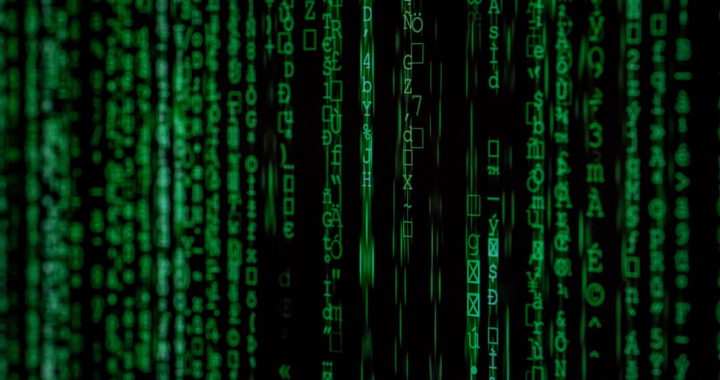Digital forensics is the field of forensic science techniques that are based on recovering and investigating data from digital devices used in crimes, mainly cybercrimes. The word digital forensics was coined to replace the word computer forensics.
Digital forensics helps identify, conserve, evaluate, and record digital evidence. This is done so that the evidence can be presented in a criminal court if required for a particular case.
Digital Forensics Process
1. Identification
The very first step of the process is to identify the source of the information of the crime and retrieve the information.
2. Preservation
Then comes the second step: preservation. The information or data recovered from the source is carefully stored and isolated.
3. Analysis
Clues and information will be extracted from the data and the analysis is done.
4. Documentation
After the analysis is complete, all the data will be formally documented. The data is documented in order, and sort of a timeline is created.
5. Presentation
After formal documentation and recording, the data extracted from the source of the crime scene is ready to be presented in court, or to court authorities.
Role of Digital Forensics in Criminal Cases
Digital forensics, as mentioned above, is a very good source of collecting information and presenting evidence. Since the age of digitization, and now acceleration, cybercrimes have grown. Previously, there weren’t enough techniques, at least not as effective as digital forensics, for catching criminals like online scammers, phone call threats, hacking, etc.
Digital forensics efficiently combats these issues and provides accurate pieces of evidence almost all the time. As we progress, the demand for digital forensics is expected to increase only due to the nature of the crime and how necessary it is to tackle it.
Digital forensics is also helping law enforcement agencies to solve older cases that were closed or halted due to lack of evidence. This is because digital forensics not only extracts encoded data present and stored somewhere, it can also retrieve deleted files containing relevant data for the case. This also reduces the risks of tampering with the evidence, making it more authentic and a very useful technique.
A lot of people go through cyber crimes, some of the common ones are online scams, data breaches, and ransom demands. If you’ve been a victim of a cyber crime too, there’s no need to worry. Eclipse Forensics is here to help.
Our team of digital forensics experts in Florida will help you recover or extract information. Moreover, we also provide audio forensics, video forensics and file extraction services.
Contact us now and chat with our digital forensic consultants now.


